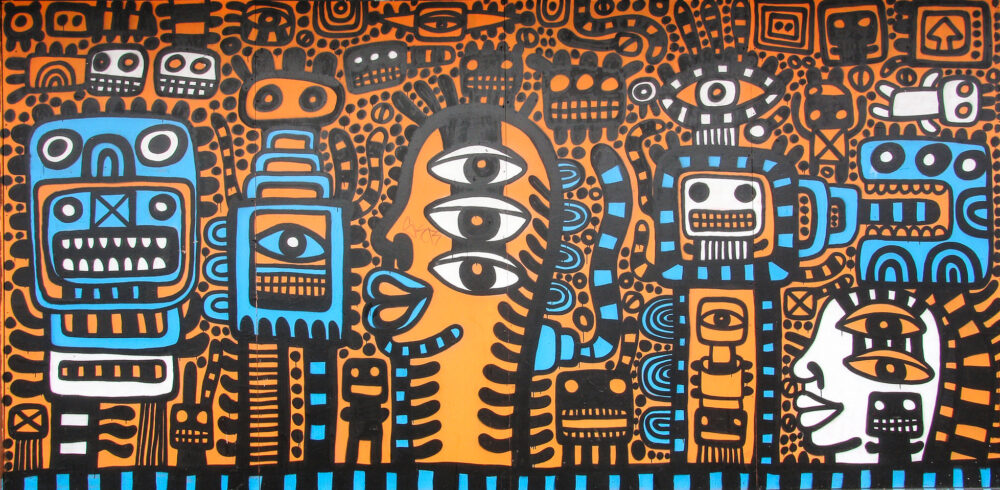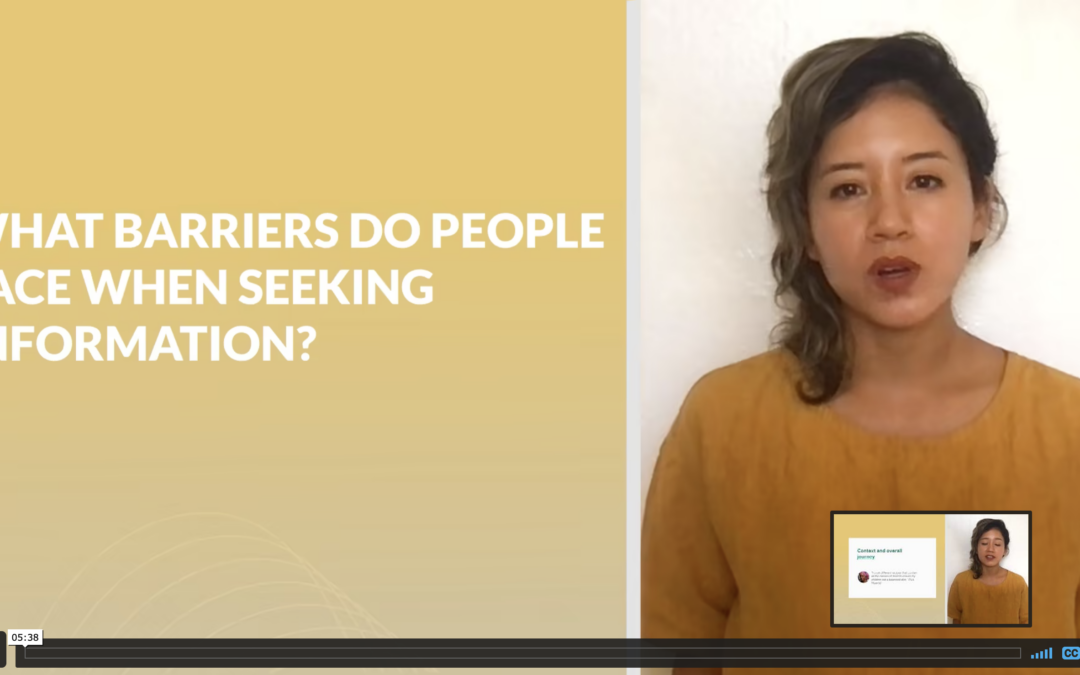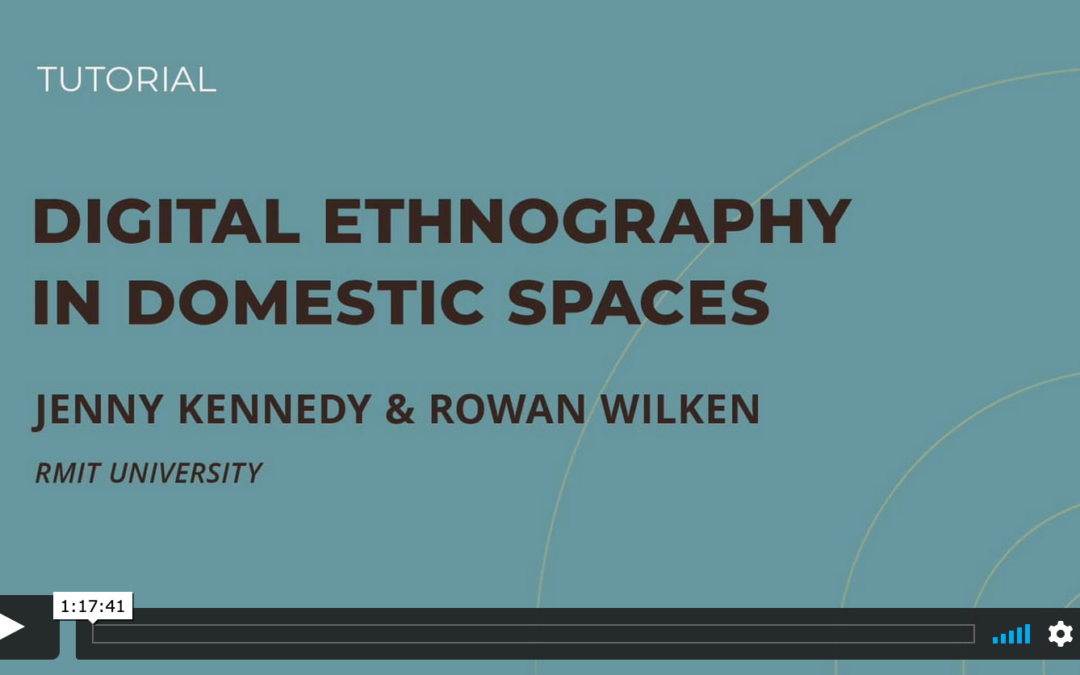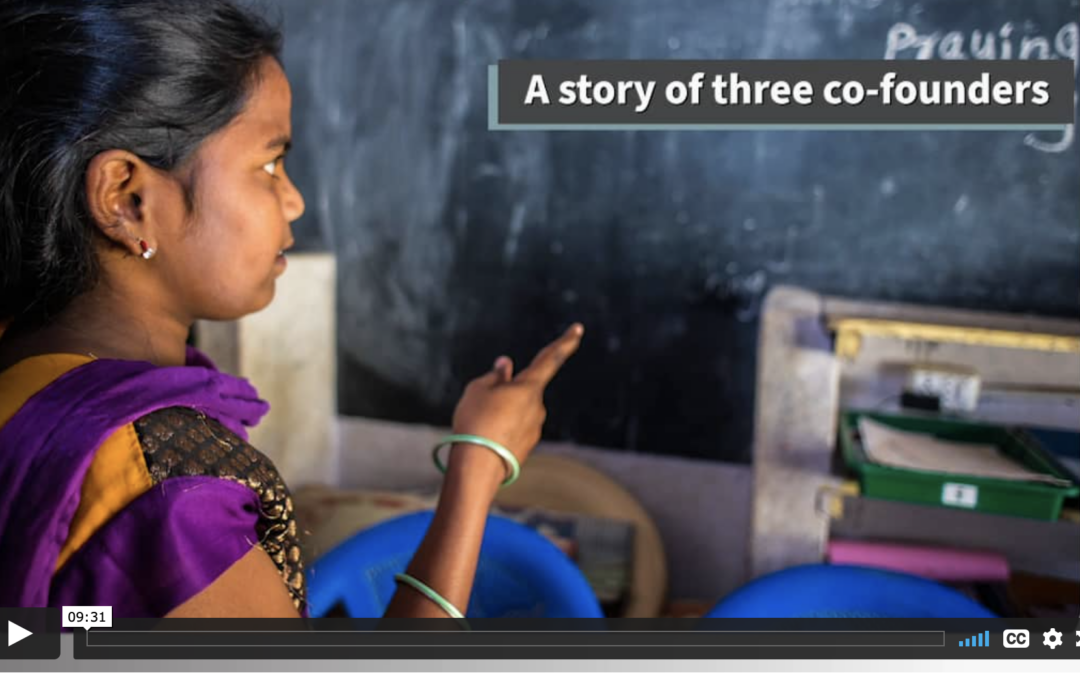EPIC Members Richard Beckwith and Susan Faulkner (Intel) have assembled a panel of luminaries in accessible tech research, design, and engineering for our January 26 event, Seeing Ability: Research and Development for Making Tech More Accessible. In anticipation, we asked them a few questions...




